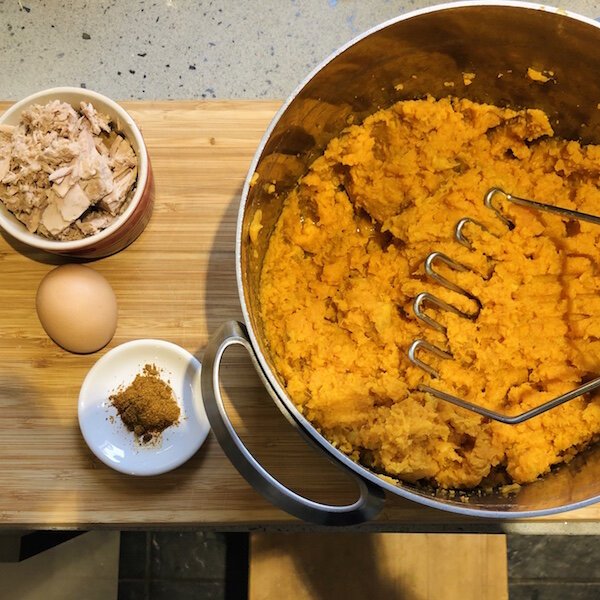Gut Nutrition Blog
Gut Nutrition articles are centred around nutrients, diet and seasonal foods relevant to IBD and people living with ulcerative colitis or Crohn’s disease. They contain a bit of science, described in a easy to understand way, and may sound a little nerdy!
Listen to my University of Otago Christchurch colleagues Professor Richard Gearry and Professor Frank Frizelle and I speak at the 2023 Kia Mau 50th celebration lecture series You Are What You Eat - Your Gut, Nutrition and the Bowel .
Low Residue Diet
Should a low residue or low fibre diet still be recommended for active Crohn’s or colitis?
Crohn's disease exclusion diet
Crohn’s disease exclusion diet is a treatment for active disease and treats inflammation.
Exclusive enteral nutrition
Exclusive enteral nutrition (EEN) treats adult and paediatric Crohn’s disease inflammation. Find out how EEN works in this blog.
eat beetroot
Beetroot packs a nutrition punch! It has fibre for your gut microbes, polyphenols, folate and betalains that may reduce inflammation.
Low FODMAP diet
The low FODMAP diet can help improve symptoms when your IBD is in remission.
Fruit and IBD
Fruit contains more than sugar! Fibre and phytonutrients in fruit promote gut health.
Iron Deficiency
Iron deficiency is the most common nutrient deficiency in the world and affects 60 – 80% of people with IBD. To get the most out of iron you can combine particular plant foods together.
Fermented Foods
Fermented foods contain millions of bacteria that are thought to have positive gut health benefits when regularly consumed by people with Crohn’s or colitis.















